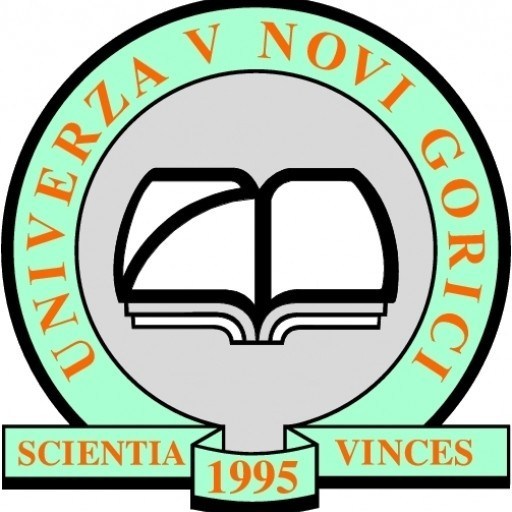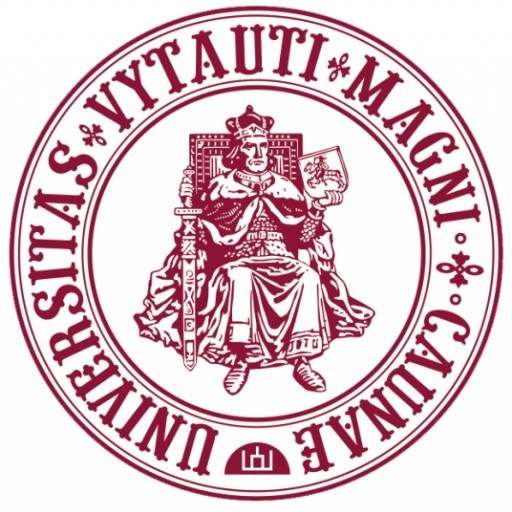Advertisement
Learning Goal 1 for Students: Obtain advanced knowledge in geoscience and environmental science
Upon graduation:
* MS students will have acquired advanced knowledge in earth sciences, particularly biogeochemistry, geochemistry and geophysics.
* MS students will have developed theoretical or practical research skills in biogeochemistry, geochemistry and geophysics.
Learning Goal 2 for Students: Engage in and conduct original, publishable research (for those students pursuing the thesis option only)
Upon graduation:
* MS students will have completed a dissertation, or equivalent, demonstrating personal integration of, and original intellectual contribution to, a field of knowledge.
* MS students will have made an original research contribution
* MS students will have submitted for publication one international journal subject to rigorous peer review.
Learning Goal 3 for Students: Professional career preparation
Upon graduation:
* MS students will have presented their research to a scientific audience.
* MS students will have participated in professional organizations and activities.
* MS students will find employment in the professional sector based on their degree.
Courses include * Bioremediation
* Air Pollution Measurement
* Aqueous Geochemistry
* Geographic Information Systems (GIS)
* Advanced Reading in Environmental Geology
* Analytical Methods in Urban Environmental Pollution
* Environmental Soil Geochemistry
* Environmental Geology
* Applied Groundwater Modeling
* Electrical Environmental Geophysics
* Seismic and Potential Field Environmental Geophysics
* Ground Penetrating Radar
* Quantitative Methods In Environmental Geophysics
* Potential Field Methods in Applied Geophysics
Want to improve your English level for admission?
Prepare for the program requirements with English Online by the British Council.
- ✔️ Flexible study schedule
- ✔️ Experienced teachers
- ✔️ Certificate upon completion
📘 Recommended for students with an IELTS level of 6.0 or below.
If you are pursuing a master's degree or professional, terminal degree, Rutgers can help you find fellowships and scholarships to support your advanced study.
Accreditation
The Rutgers name is recognized everywhere, and a Rutgers degree makes a great first impression. Weve built our academic reputation on solid accomplishments:
* Rutgers is a memberso are Harvard, Yale, and Berkeleyof the prestigious Association of American Universities, the 61 leading research universities in North America.
* More than 175 Rutgers research centers support pioneering work in stem cells, climate change, DNA analysis, and more.
* Rutgers international reputation draws top students from more than 130 countries and all 50 states.






